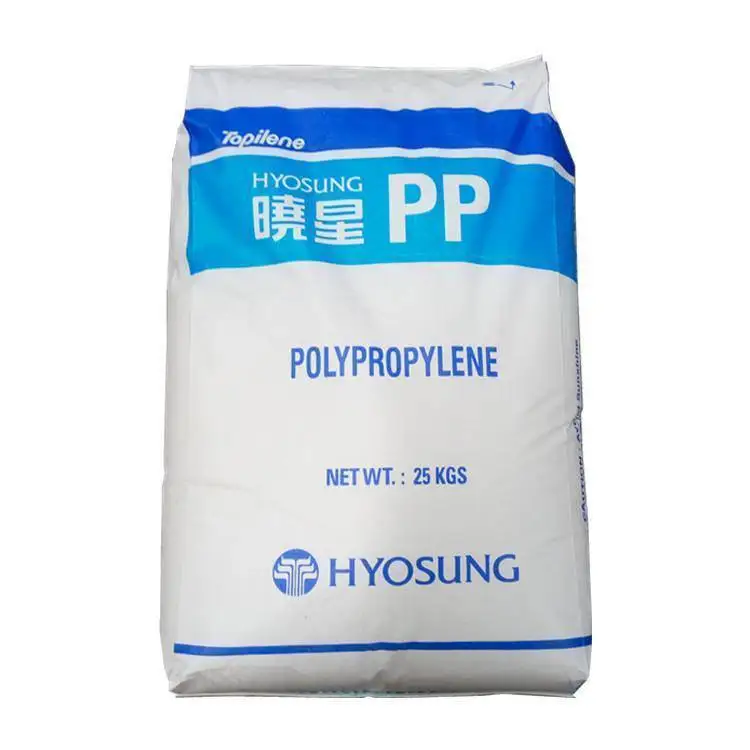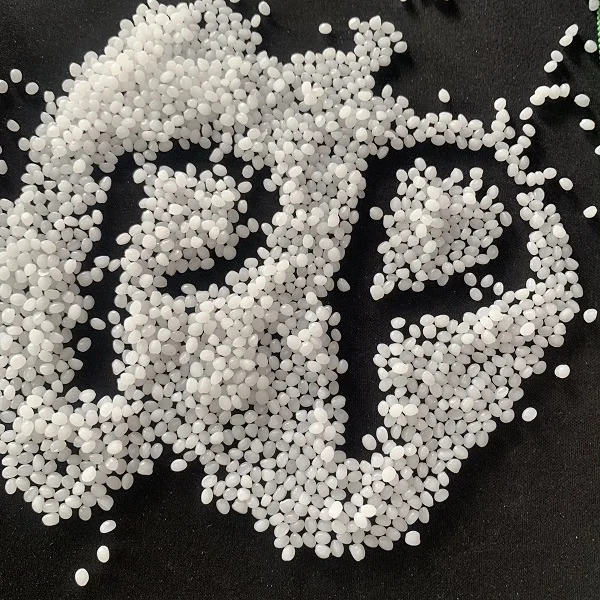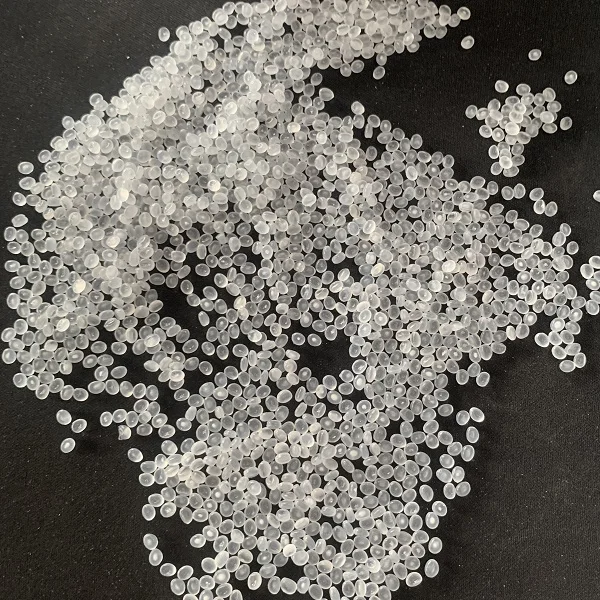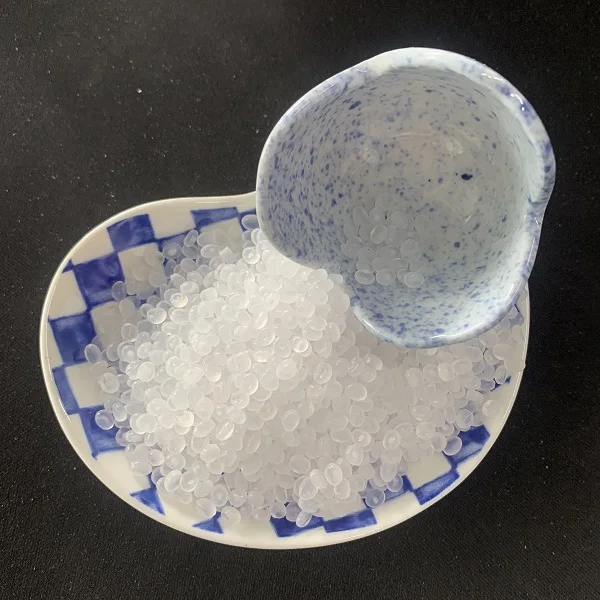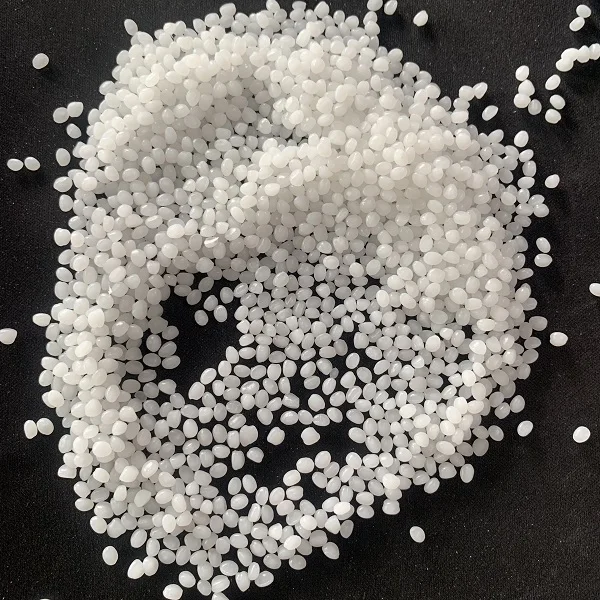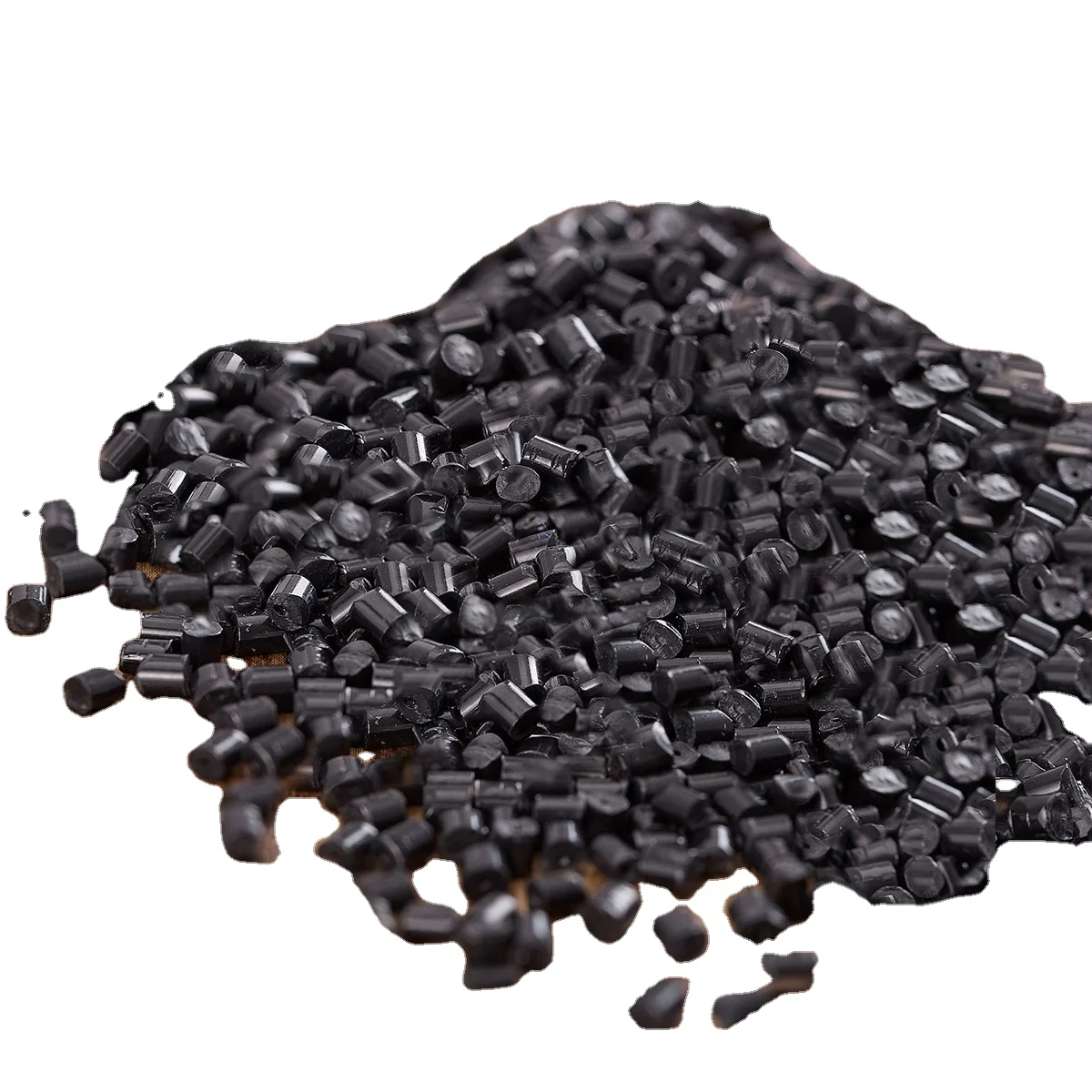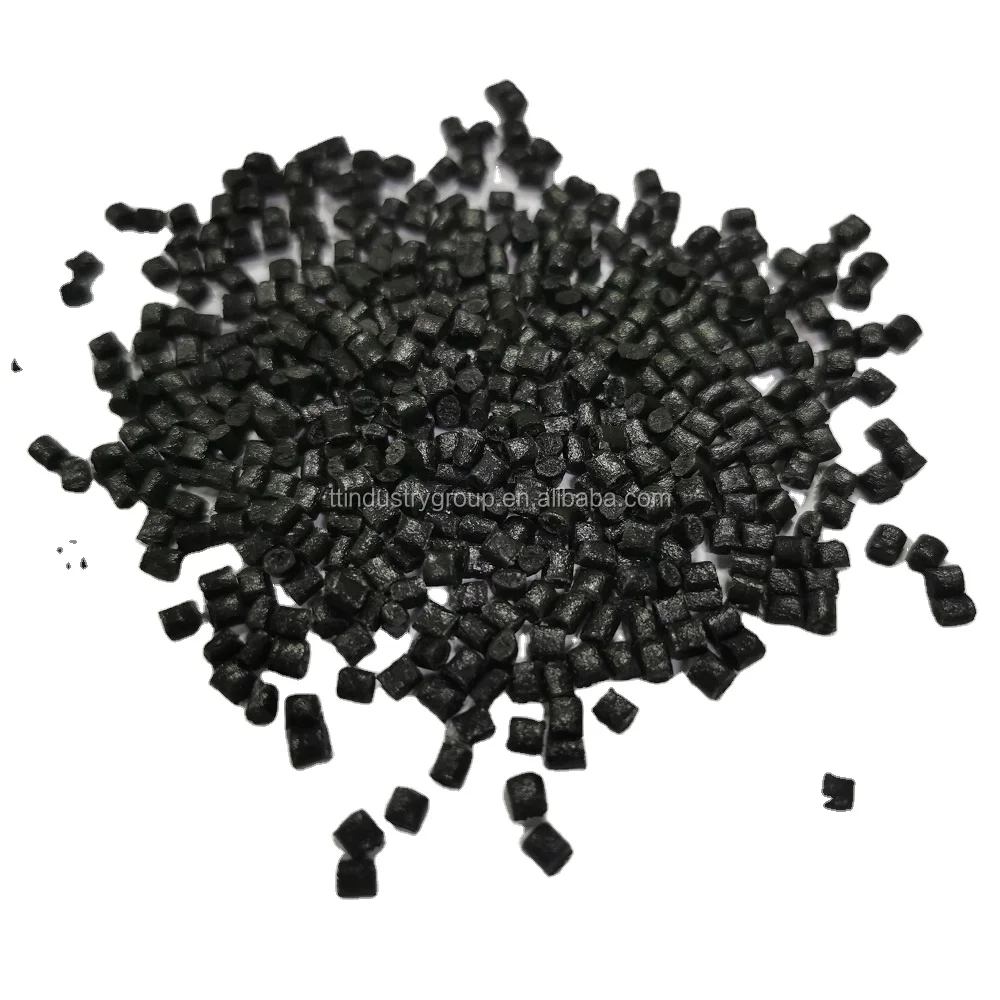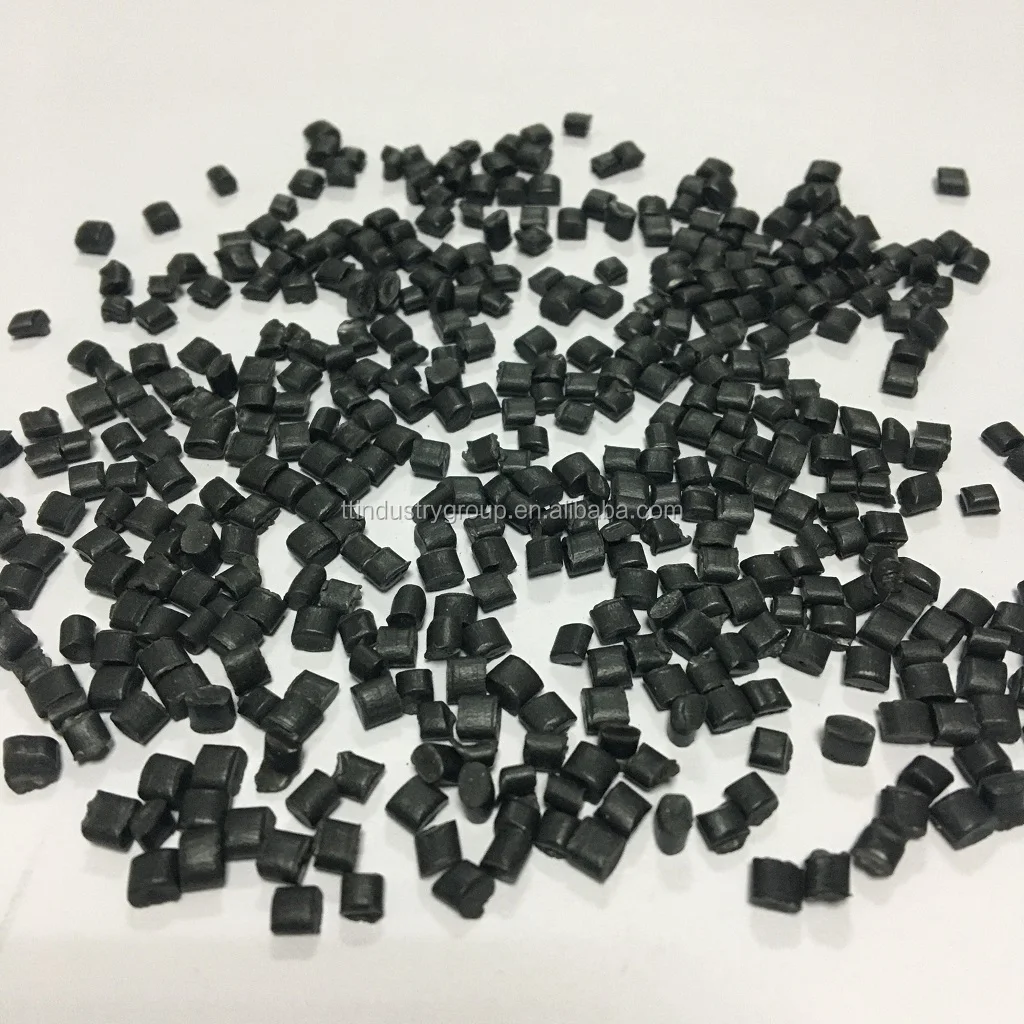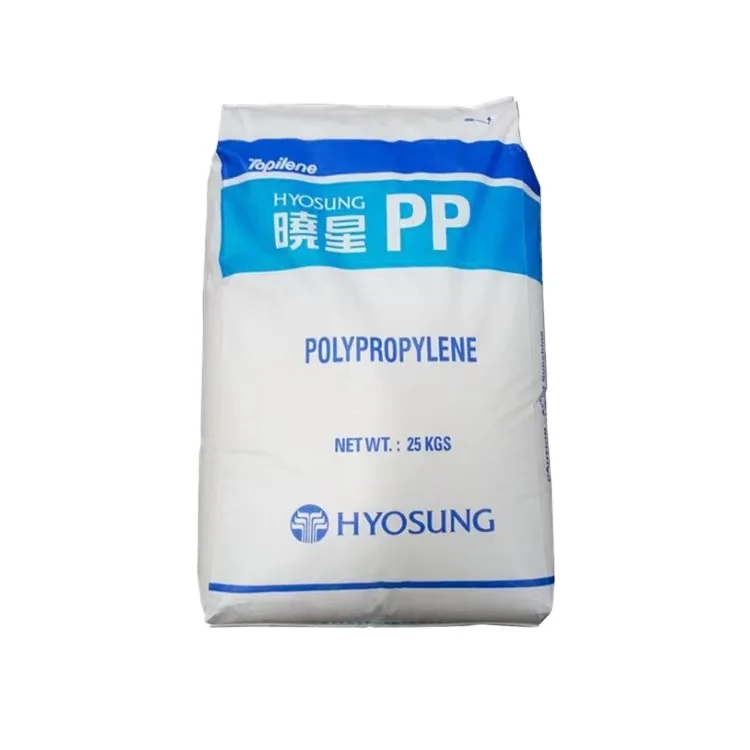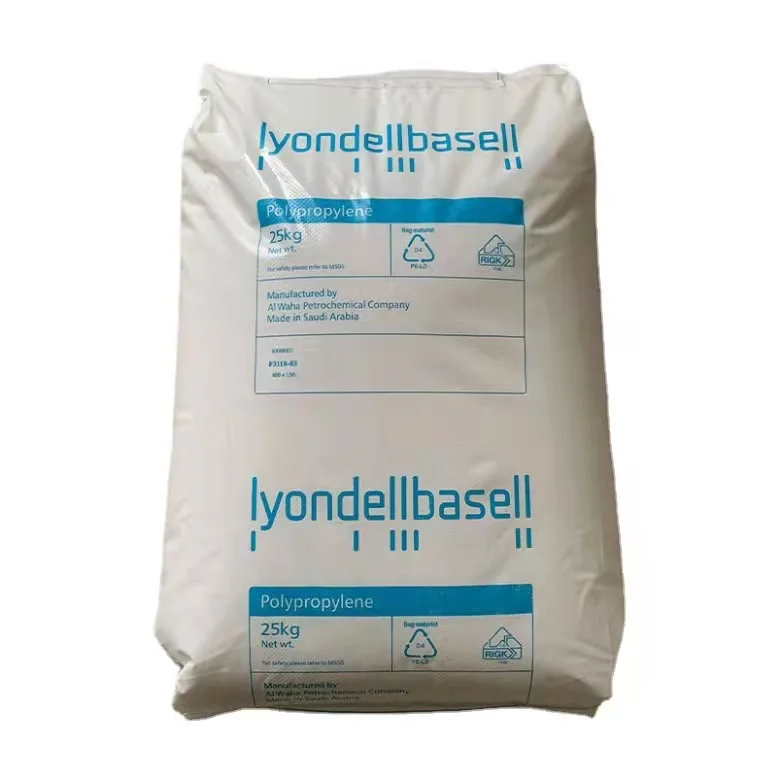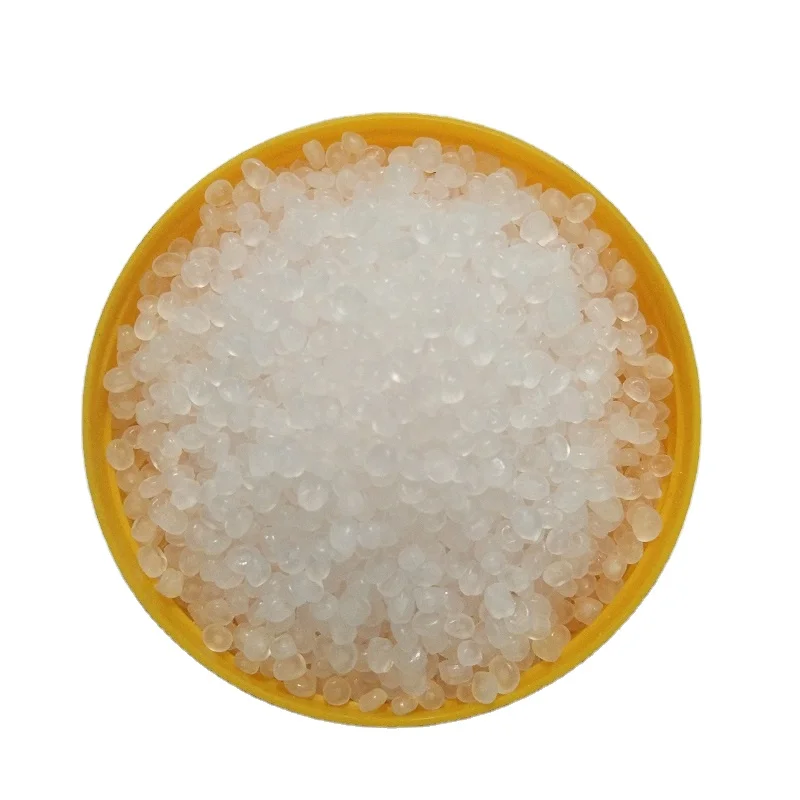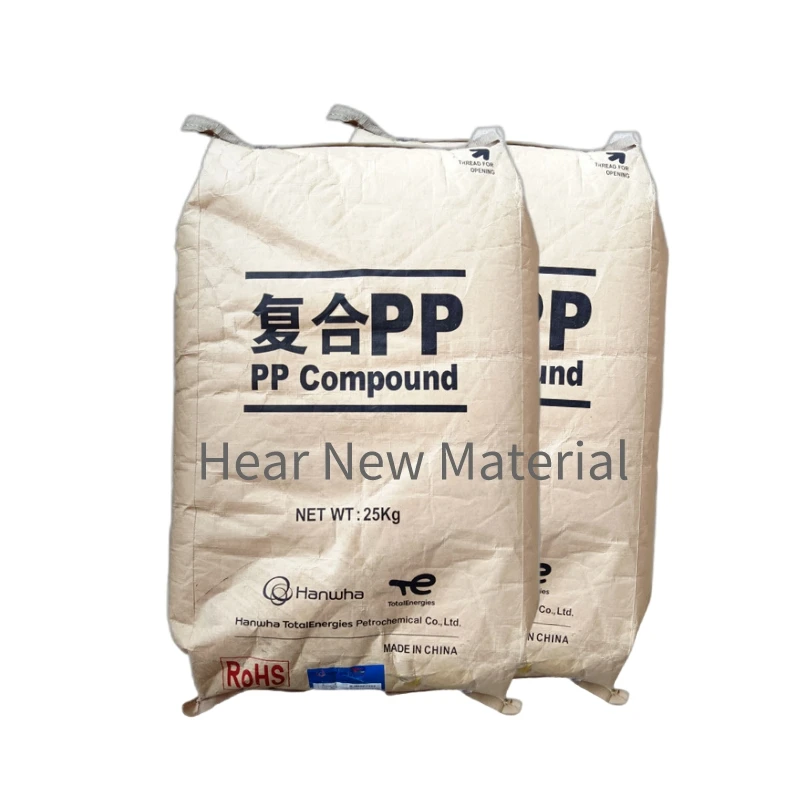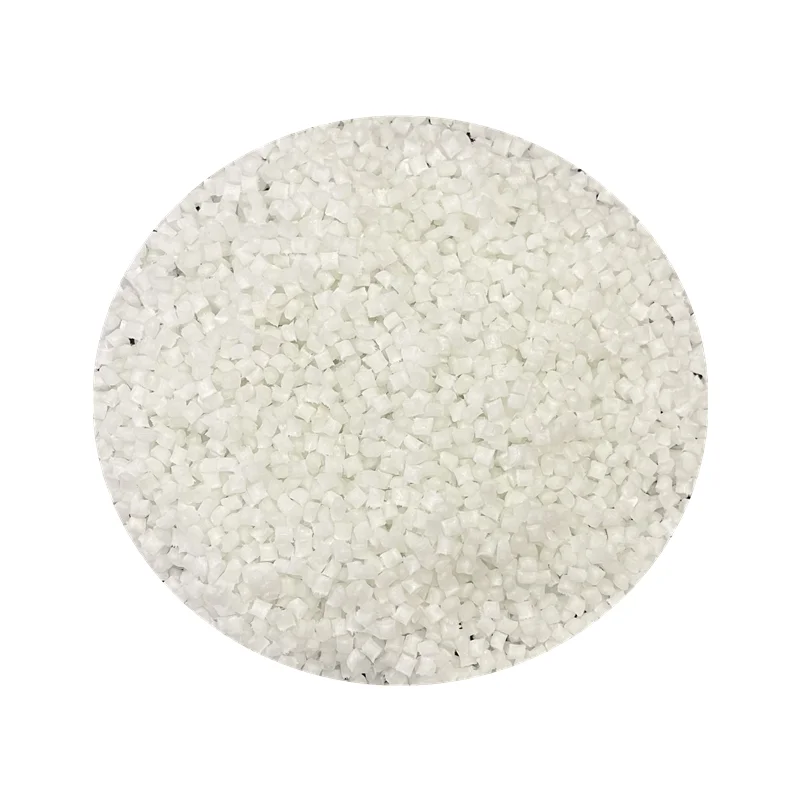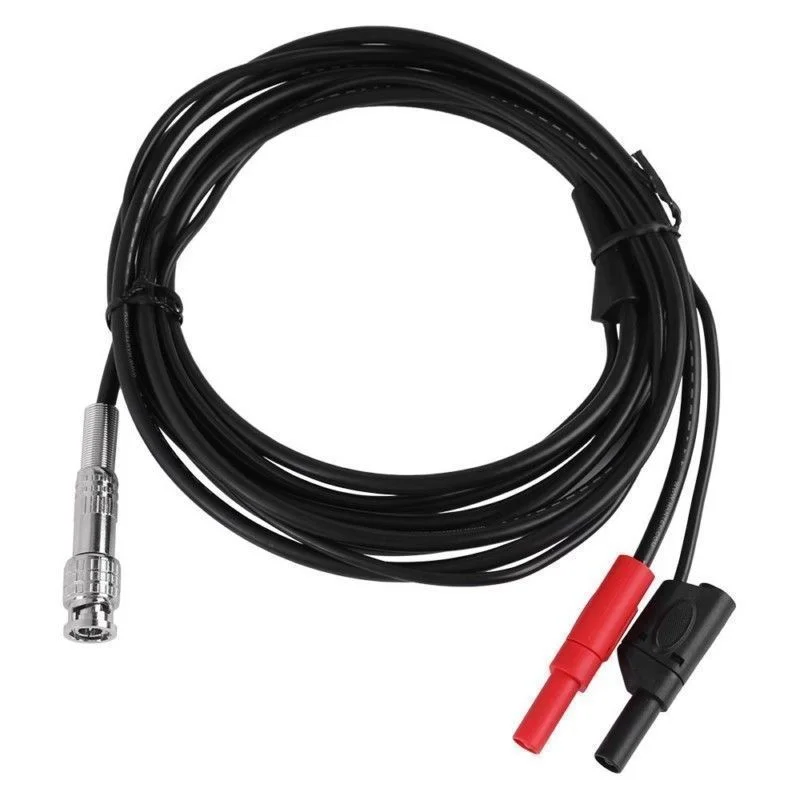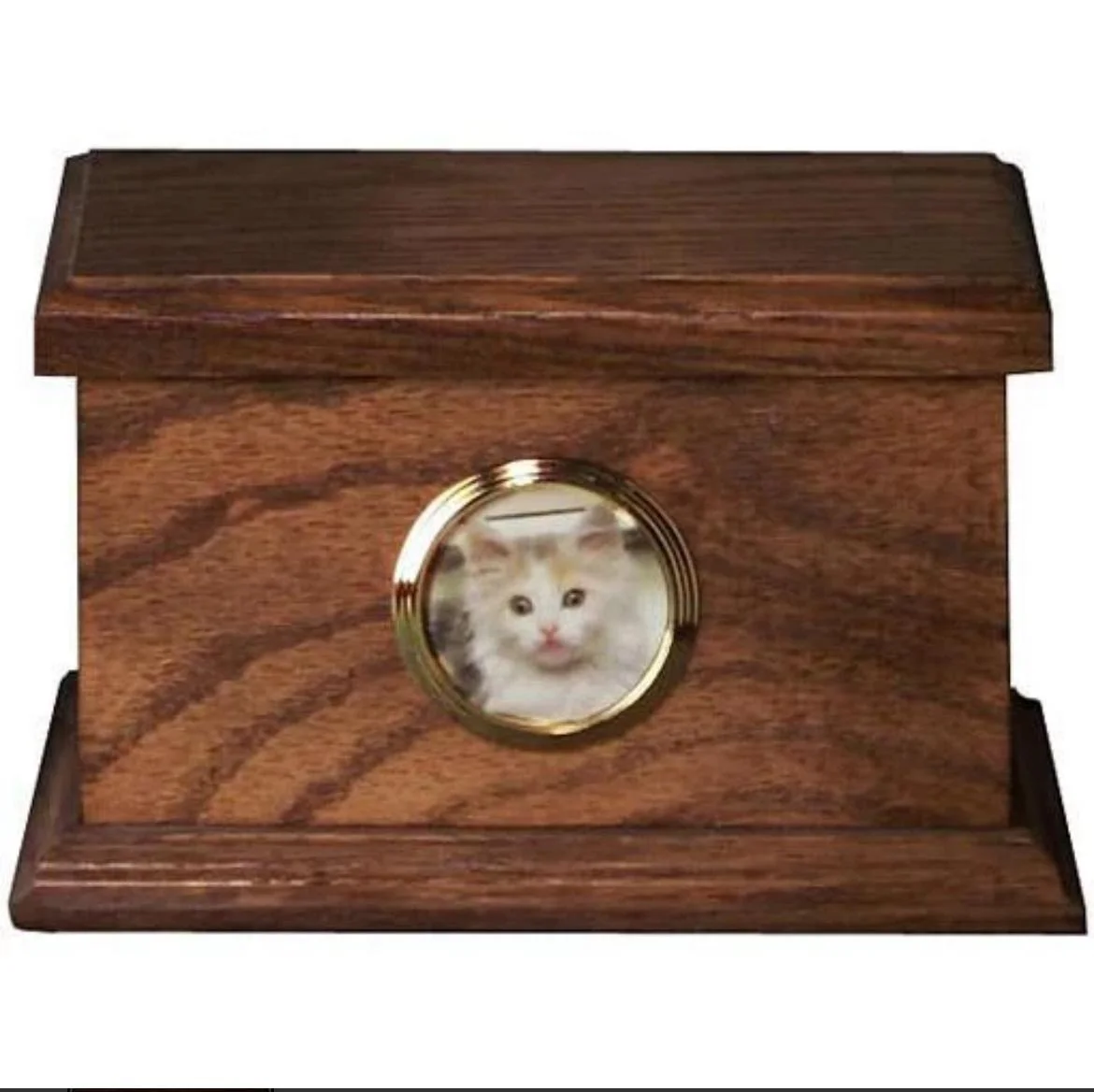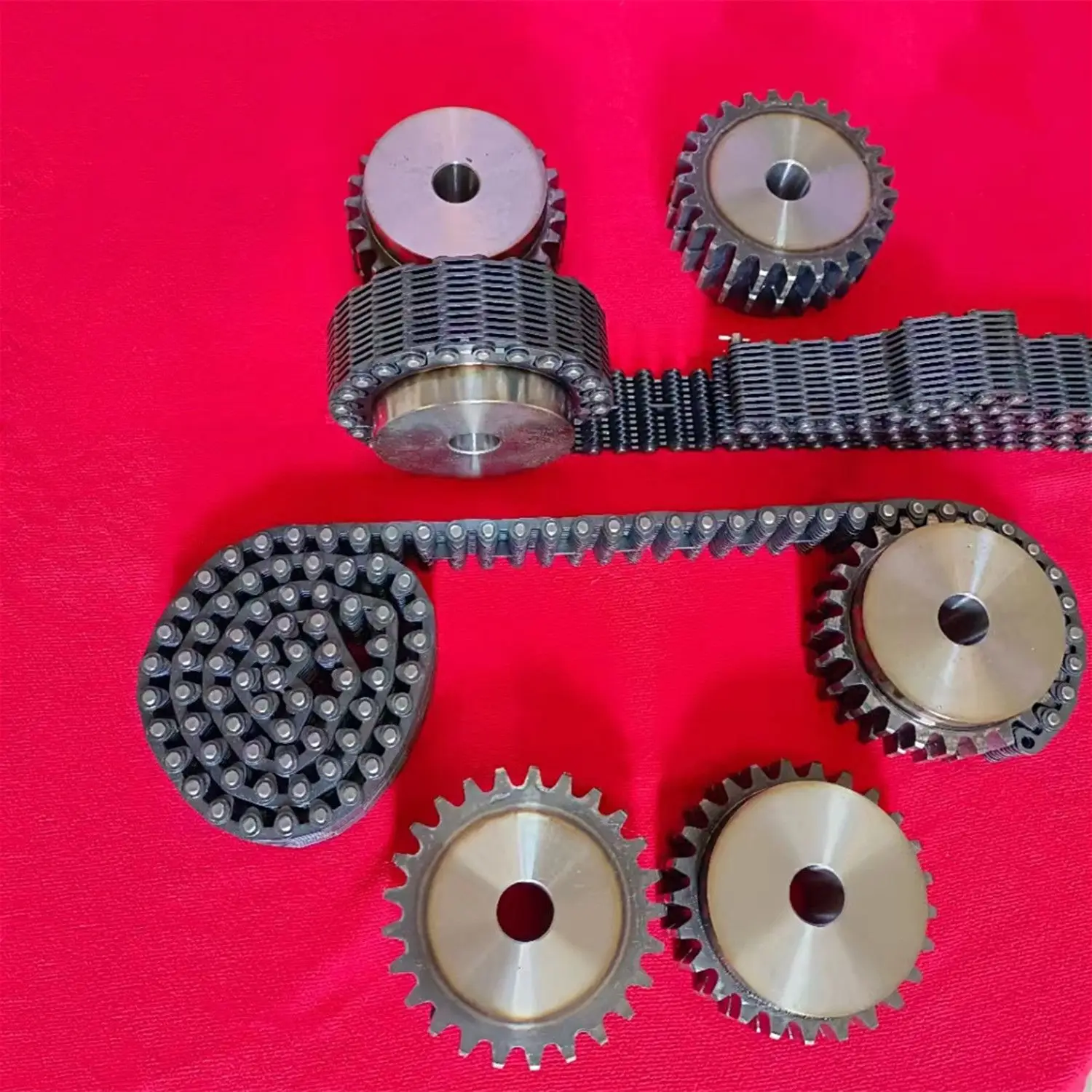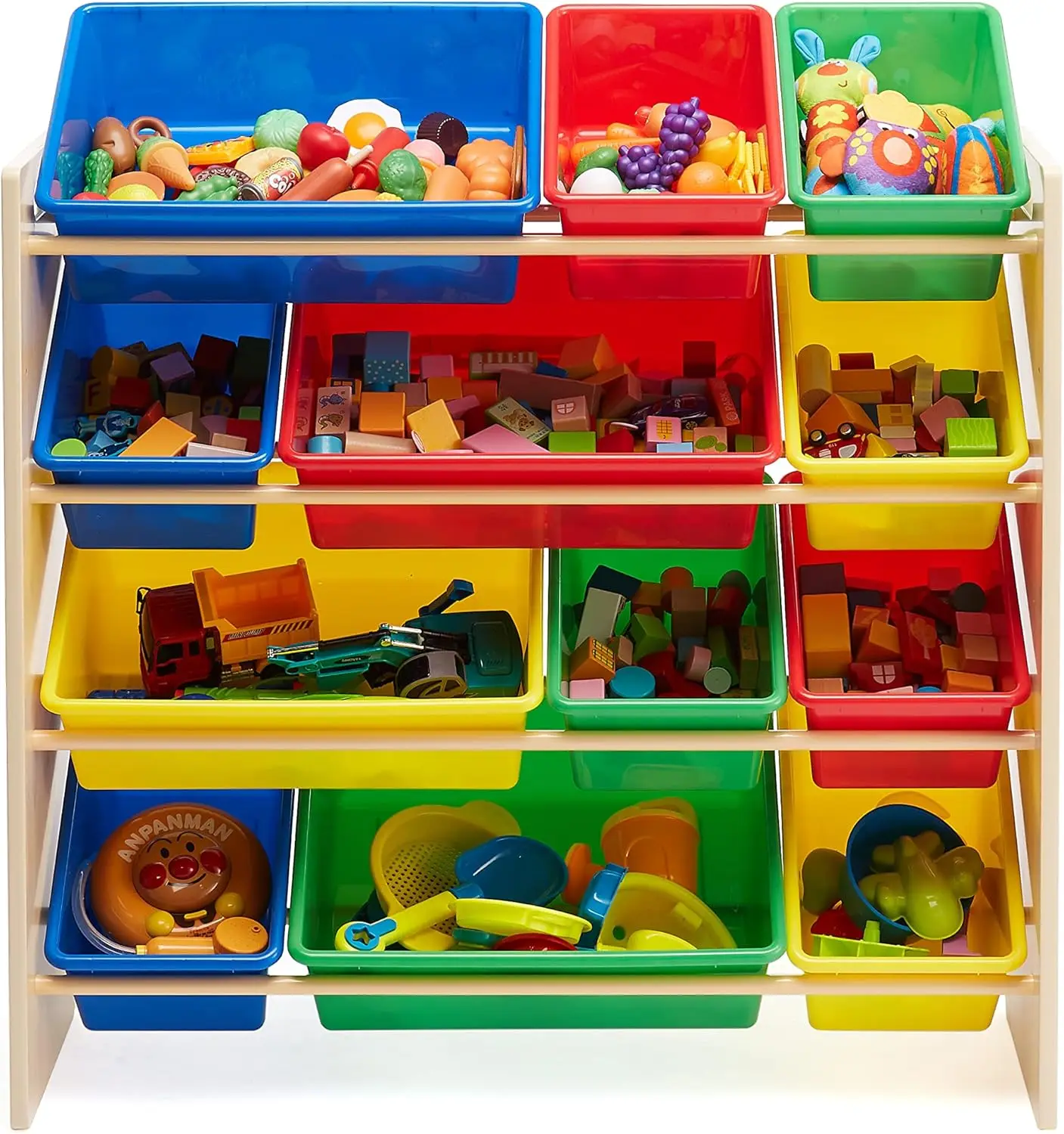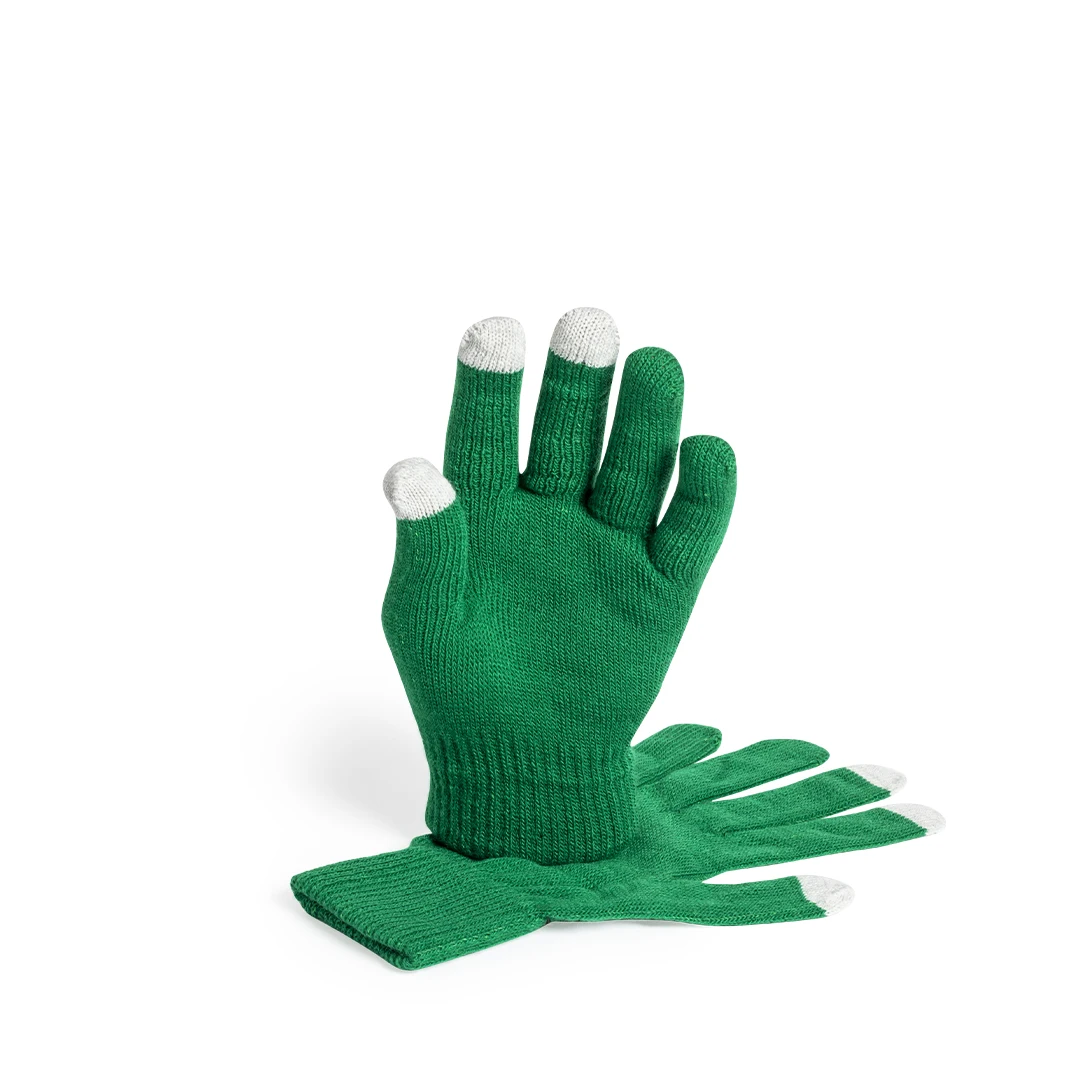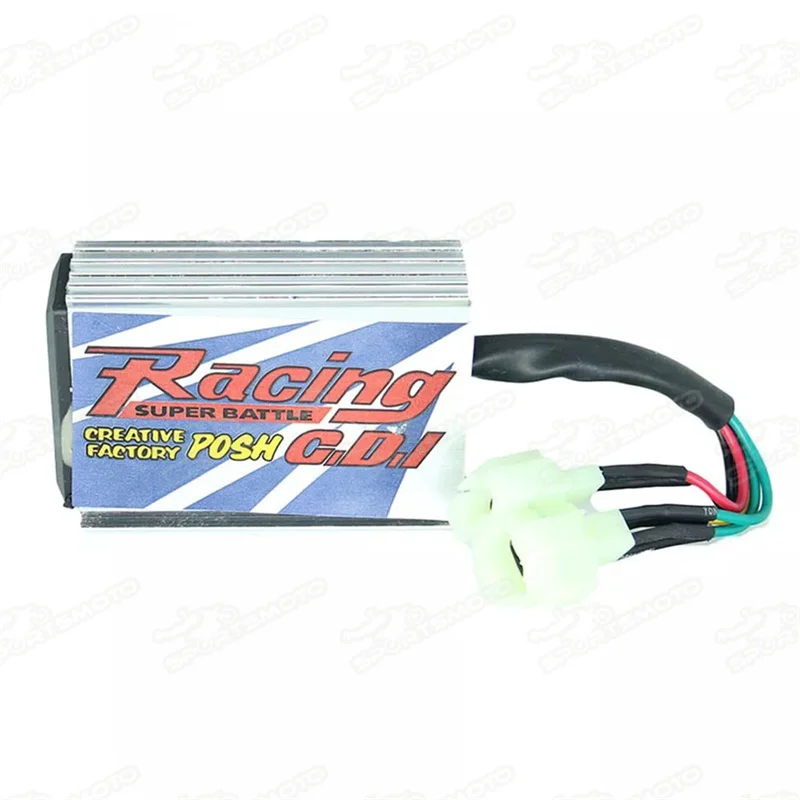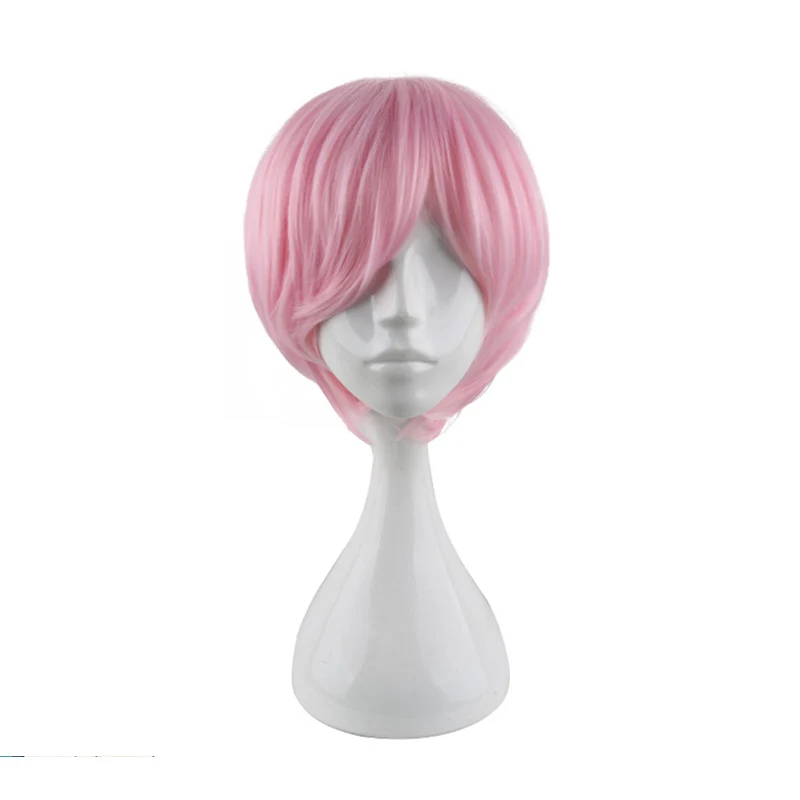PP R530 Transparent Medical Grade Food grade Injection Molding Polypropylene Material Resin
- Категория: >>>
- Поставщик: Hebei Liguan Trade Co. Ltd.
Сохранить в закладки 1601206171630:
Описание и отзывы
Характеристики
Product Description
Polypropylene(PP) Granule
PP (Polypropylene) is a thermoplastic synthetic resin, which is formed by polypropylene monomer through addition polymerization reaction. It is a colorless, odorless, non-toxic, translucent polymer material, because of its excellent physical and chemical properties, is widely used in various fields. Polypropylene has excellent heat resistance and can be used in the temperature range from -20°C to 120°C, making it one of the common microwave safe plastics. In addition, its relative density is small, only 0.89 to 0.91, which is one of the lighter types of plastics. The mechanical properties of polypropylene are good, especially the impact resistance, and the forming and processing properties are superior. It is highly resistant to chemicals, hardly absorbs water, and does not react with most chemicals. However, the cold resistance of PP is relatively poor, the impact strength at low temperatures will be reduced, and it is easy to age due to the action of light, heat and oxygen, and the coloring, printability and bonding properties are also weak. In industrial applications, PP materials are often used in automotive parts, equipment manufacturing, daily necessities and architectural decoration, such as making mudguards, ventilation pipes, utensils, washing machine parts and so on. Due to its excellent performance and low cost, polypropylene is an indispensable polymer material in modern life.
Feature

PP is a crystalline polymer, and among commonly used plastics, PP is the lightest with a density of only 0.91g/cm3 (smaller than water).
Among general plastics, PP has the best heat resistance, with a thermal deformation temperature of 80-100 ℃, and can be boiled in boiling water. PP has good stress cracking resistance and a high bending fatigue life. PP products are lightweight, have good toughness, and have good chemical resistance.
Disadvantages of PP: low dimensional accuracy, insufficient rigidity, and poor weather resistance.
Among general plastics, PP has the best heat resistance, with a thermal deformation temperature of 80-100 ℃, and can be boiled in boiling water. PP has good stress cracking resistance and a high bending fatigue life. PP products are lightweight, have good toughness, and have good chemical resistance.
Disadvantages of PP: low dimensional accuracy, insufficient rigidity, and poor weather resistance.
Application


Specification
item | value |
Product name | PP |
Material | Polypropylene |
Package | 25 Kgs/Bag |
Sample | Available |
Product packaging






Warehouse


Company Profile

Hebei Liguan Trade Co., Ltd.
Welcome partners from all over the world to establish long-term cooperative relationships with our company.
Recommend Products
FAQ
Q1. Why choose us?
We are established 2021 and we offer very competitive prices for all our products.
Q2. What can you buy from us?
HDPE,LDPE,LLDPE,PP,GPPS,HIPS,ABS.PET,EVA,PVC,PVC RESIN,PC,TIO2 ETC.
Q3. What's the delivery time?
7-15 days. Only when the quantity exceeds 50 tons delivery time will be agreed by negotiations.
Q4. About the payment?
T/T or Western Union.
Q5. About the Quality?
All products must be tested in strict accordance with the test procedures before they leave the factory
We are established 2021 and we offer very competitive prices for all our products.
Q2. What can you buy from us?
HDPE,LDPE,LLDPE,PP,GPPS,HIPS,ABS.PET,EVA,PVC,PVC RESIN,PC,TIO2 ETC.
Q3. What's the delivery time?
7-15 days. Only when the quantity exceeds 50 tons delivery time will be agreed by negotiations.
Q4. About the payment?
T/T or Western Union.
Q5. About the Quality?
All products must be tested in strict accordance with the test procedures before they leave the factory
Похожие товары
Утяжеленный электропроводящий полипропилен (ПП) класса ESD
3,65 $ - 3,85 $
Китайская Фабрика продает! Высококачественное 20% заполненное стекловолокном натуральное ПП для
1,40 $ - 1,45 $
Полипропиленовые блоки сополимерные гранулы HYOSUNG PP J340 полипропилен для электронных электрических бытовых и промышленных
Moplen Lyondellbasell PP HP648S MFI35 hig потоковый высокопрочный гомо-полипропилен
1,22 $ - 1,35 $
Высококачественное пластиковое сырье натуральный полипропилен гранулированный сополимер
Полипропиленовые гранулы Hanwha Total TB52
2,30 $ - 5,00 $
Заводская цена модифицированные полипропиленовые + 15% GF усиленные гранулы GF25 GF30
Новые поступления
Новинки товаров от производителей по оптовым ценам
Hantek щупы осциллографа автоматический Тестовый Кабель Ht30a Bnc к банану двойная Банановая головка многоцелевое автомобильное
3,10-3,44 $
Горячая распродажа ручная работа традиционная деревянная урна для домашних животных квадратная коробка золы собак и кошек персонализированная Лучшая цена
Промышленная серия CL Бесшумная цепь стальная зубчатая Фланцевая контактная звездочка соединяющая бесшумные цепи
1-1,50 $
Irdmco экологически чистый минималистичный прямоугольный деревянный ящик для хранения стеллаж поделок и детских игрушек Домашняя мебель гостиной
Технология сенсорных перчаток и аксессуары для детей от дождя холода M725132-334
1,07-1,40 $
GY6 6 Pin AC гоночный CDI для CG125 CG250 двигателя Dirt Pit Bike ATV Quad
Парик из синтетического волокна для косплея
9,85-12,66 $
Прямая Продажа с фабрики 65 см Модернизированный подвесный стерео голографический проектор светодиодный вентилятор высокой четкости экран 3D дисплей
155-185 $
